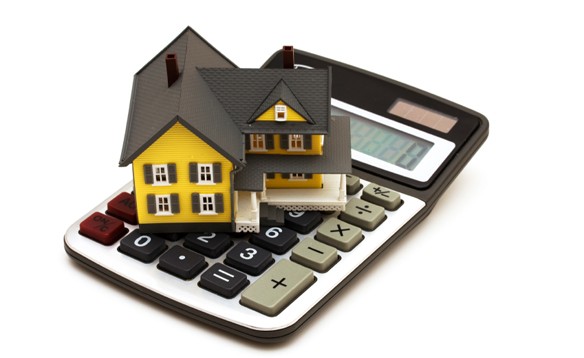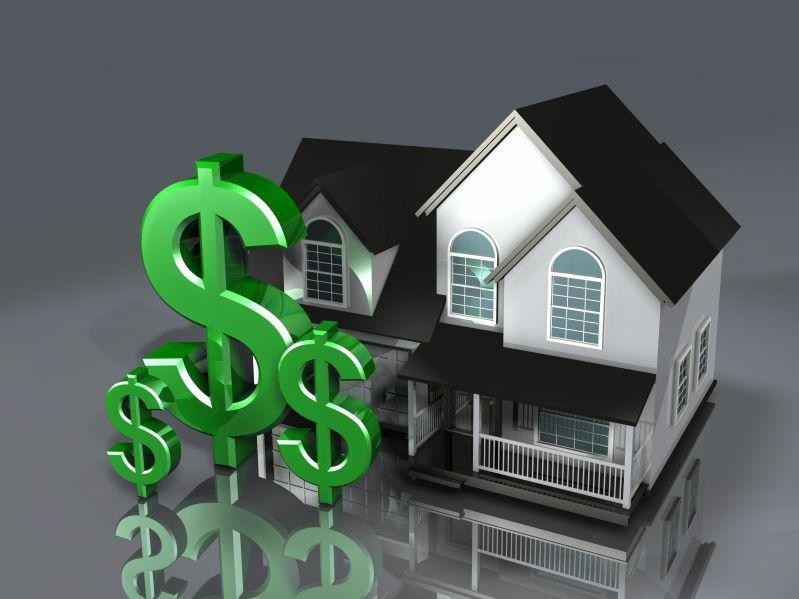Assessed Value vs Market Value Understanding the Difference
Post on: 30 Июль, 2015 No Comment

In a nutshell, the market value is how much your home is worth currently on the market and the assessed value is typically based on a percentage of the appraised value.
It can be very confusing distinguishing what is meant by the terms “assessed value,” and “market value” when either buying or selling a home. The assessed value is often much less than the market value so buyers would prefer the assessed value while sellers would much rather sell at the market value of the home.
In a nutshell, the market value is how much your home is worth currently on the market and the assessed value is typically based on a percentage of the appraised value which is used to determine how much property taxes you will owe on your home. This is usually a point of contention when the assessment arrives in the mail because most homeowners don’t agree with the taxes stated as due.
According to the National Tax Payers Union. 60% of properties in the U.S. are assessed at a higher amount than their current value. Aside from the argument of what the homeowner owes the KGB…sorry, um… IRS, the assessed value of a property is not necessarily what the home will sell for, but is the rate it will be taxed.
The market value is usually what the home will sell for and is typically the price used for listing the property.
Yeah, the tax man
Homeowners are often surprised when they receive information from the local (city or county) tax appraiser’s office. Most of the time, the homeowner is shocked to see that the assessed value of their home is much lower than what they believe their home to be worth. Some homeowners tend to believe that the assessor of real estate sits at his or her desk throwing darts at numbers in order to determine the assessed value of a home, but according to the Bureau of Labor Statistics (BLS), the real estate appraiser or assessor does much more than that to determine the assessed value of a home.
According to the BLS, the role of the real estate assessor is to:
- Make sure that the legal descriptions of properties jive with the public records
- Inspect properties looking for unique characteristics
- Photograph the interior and exterior of properties
- Use “comparables,” or similar nearby properties, to help determine value
- Prepare written reports
- Maintain current data on each real estate property

When performing the estimate, assessors are supposed to note things that would affect the assessed value of the home such as being too close to a noisy highway, or any additions or improvements made to the home. These are things that will affect the assessed value.
Once the value is determined, a multiplier, usually somewhere between 60 and 80 percent is used to then determine the assessed value.
For example: Let’s say an assessor uses an 80% multiplier. If he values a home at $100,000 then assessed value used for tax reasons would be $80,000.
Listening to the market
Market value is influenced by homes that were recently sold in the area, the location of the home in relation to schools, and the future impact of construction for that area such as new road construction, future malls, etc. And, of course, the market value can be influenced by the economy. We all know too well how the market value of homes took a severe nose-dive after the 2008 snafu.
When applying for a home loan, banks and lending institutions typically look at the market value. They consider the market value the most accurate and dependable so that is what they base their loan award decisions on.
Today, it is easy to find out the market value of a home, or at least get in the general ball park of the market value. Banks such as Bank of American and Chase provide a home value estimator that lets you see the market value of any home. Knowing the market value allows you to determine what you can afford and help in the budgeting process for a future home purchase.
In the future, when reviewing the value of a home, be sure to look closely at market value (which you now know is the price put on the home based on the home’s current immediate environment), but still pull up the assessed value from the tax appraiser’s website. The combination of the two values will arm you with a wealth of information so that you can act as an informed consumer and not one that is blindly entering into an expensive transaction.














